
“The courses available on Clearing are likely to have limited spaces, so if you see one that appeals to you just apply!”


Take your passion as a music performer or songwriter to the next stage - join Solent’s community of creatives and learn from a dedicated team of professional musicians, composers and producers.
Contact international admissions
Email: Call:Develop your individual musicianship and ensemble skills to professional standards through the study and practice live and studio performance, instrumental lessons, as well as extensive study of the music industry including copyright, contract law and career pathways, allowing you to gain experience both specific to the music industry and wider creative careers.
Students are also expected to develop transferable skills in research, IT, presentation, teamwork, creative thinking, communication and project management.
You'll have access to our industry standard facilities which include nine recording studios (networked with Protools Ultimate, Ableton and Logic Pro), a range of mixing workstations, and a production lab with 24 Apple workstations. Our large rehearsal for practice and performance are fully equipped with backline and PA, as well as our Dolby Atmos mixing room, instrument and synthesiser collection.
You'll be taught by an experienced course team, many of whom are active industry experts with professional experience in performance, studio and live sound, electronic sound design and the business and culture of music production. Staff frequently engage with on-going research in music composition, performance and production. And the team’s industry links have also enabled a hand-picked selection of students to record at the world renowned Abbey Road Studios, as well as the opportunity to take part in the annual Anthems event, performing to their peers and members of the public.
If you’re looking to study our BA (Hons) Music Performance degree but don’t have the relevant qualifications or experience, the music foundation year will help you develop the core skills and knowledge to progress. Find out more about the music foundation year.
Southampton Solent’s music performance programme is suitable for both schooled and self-taught musicians and producers who are passionate about developing their creative, technical and academic skills.
The growth in the range of media outlets and the live event sector means that the best sound and music professionals are in demand. In addition, the entrepreneurial nature of the industry means that there are opportunities to be created if you have the drive and skills. This course gives you a chance to begin building your networks of contacts and practice your skills so you can pursue the wide and varied career opportunities in music performance and songwriting.
Upon graduation you'll be well placed to work in a variety of roles including music performer, songwriter, session musician, or other roles in the music and arts sectors.
Hear from Solent alumni about where their careers have taken them and how studying at Solent prepared them for their future.
Read more stories
“The courses available on Clearing are likely to have limited spaces, so if you see one that appeals to you just apply!”


Course Leader
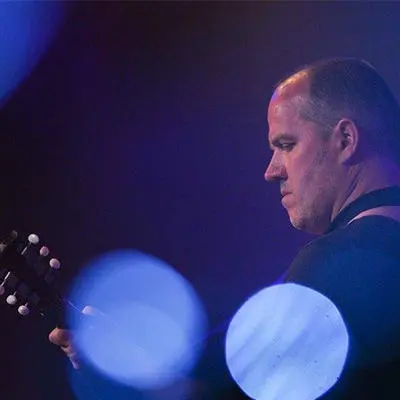
Course Leader
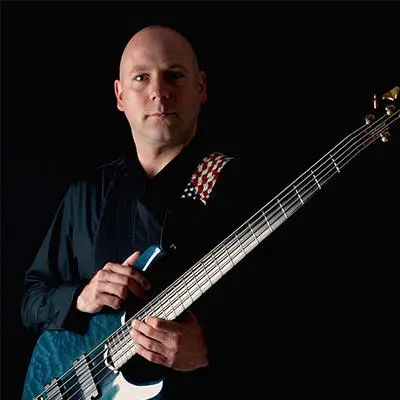
Senior Lecturer

Lecturer
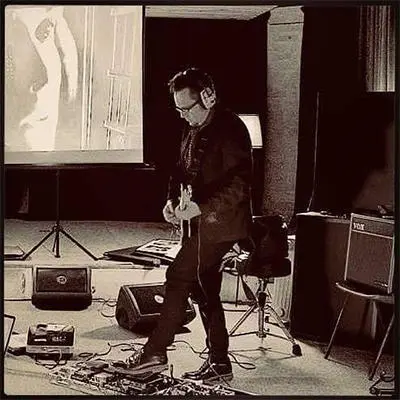
Senior Lecturer

Associate Professor

Lecturer

Associate Lecturer

Associate Lecturer

Associate Lecturer
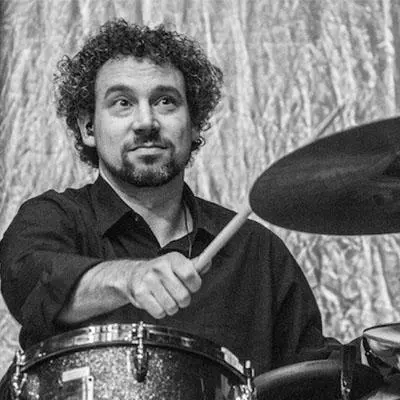
Associate Lecturer

Associate Lecturer
The University cannot guarantee any particular members of staff will teach specific aspects of the course in the future, but will endeavour to ensure the teaching team maintains their balance of experience and qualifications.
Instruments provided include drums by DW and Mapex, Synthesiser collection including Roland,ARP, Arturia and Sequential analog synthesisers, Korg Kronos, Marshall, Orange, Friedman, Fender and Vox valve guitar amplifiers, Ampeg and Eden bass amps, and Mackie Pas. Southampton Solent's recording studios and rehearsal spaces are state-of-the-art and include Pro Tools Ultimate, Logic and Ableton digital audio workstations; microphones by Neumann, Coles, AKG and Shure; analogue processing includes Neve, Universal Audio, Focusrite, Empirical Labs, and Portico; software includes Native Instruments Komplete, and Plugins by Sonnox, McDSP and Celemony; live sound mixers include Allen and Heath DLive, and Midas M32.
The University’s media loans hatch also enables you to borrow equipment for university work, or other private projects.
Broaden your horizons by adding an international dimension to your CV – essential to achieving success in today’s fast-changing, global environment.
Studying, working or volunteering in another country could be the experience of a lifetime. Enhance your degree by developing important global skills such as knowledge of other countries, language skills, intercultural awareness, adaptability and confidence.
For more information, please email international.mobility@solent.ac.uk.
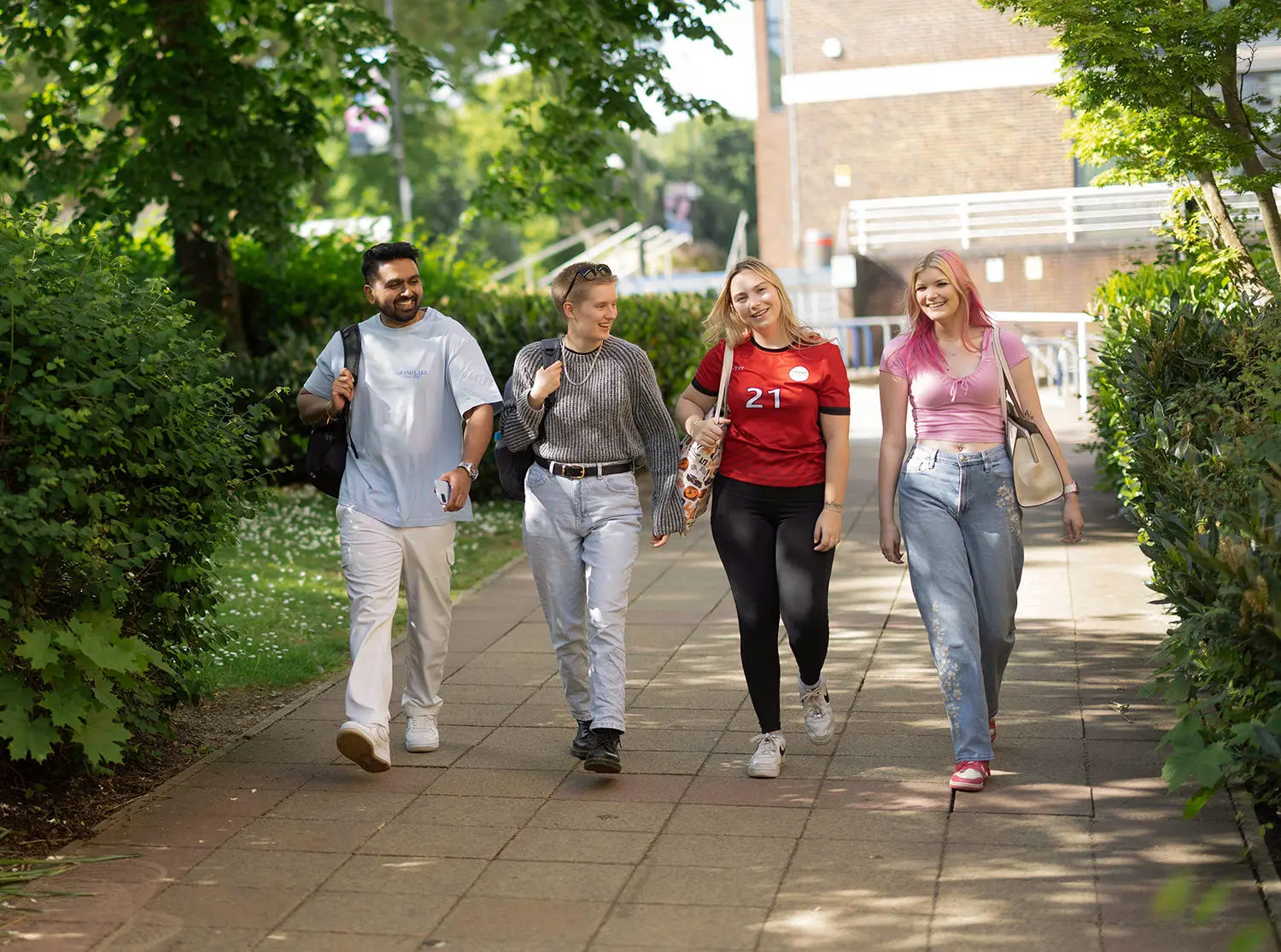
During this module, you'll learn how to practise and rehearse efficiently in both solo and ensemble contexts and/or you'll be introduced to multitrack music recording and mixing techniques.
In this module, you'll learn how to curate, rehearse and perform in an outward-facing professional quality performance and to manage all aspects of a real-world studio session. In addition, you'll be introduced to the theoretical aspects of music required for professional performers and producers.
The music industry is fiercely competitive; artists and producers need to be committed to their own creativity and innovation in order to be successful. In this module, you'll learn and develop performance and/or production skills and implement these in practical projects, as well as begin to plan your portfolio career options.
In this module, you'll research and create the materials best suited to promote yourself as a creative artist. You will also curate a professional quality set of musical material - prepared using efficient rehearsal techniques and demonstrating the performance required for an outward facing performance. The material you produce can be used to inform your electronic press kit and/or online presence.
This module focuses on the development of your performance and/or production skills with a greater emphasis on reflective practice. You'll also be encouraged to research potential income streams through investigations and case studies.
This module focuses on the development of your journey as a professional musician and/or producer. You'll learn how to put a band together and perform in an outward-facing professional quality performance. You'll also learn how to conduct yourself in a professional manner in the recording studio. In addition, you will identify and evaluate your current skills and link these to potential income streams and creating your networks, with a view to begin working in the music industries before you finish your university studies.
This module will help you develop and enhance your skills in songwriting and composing and will allow you to develop your musical identities through a wide range of songwriting and composition tasks. As well as developing an understanding of the many popular genres in today’s musical landscape, you'll learn the compositional practices behind these different approaches and how to integrate them into your own musical vision.
This module encourages you to explore individual and group music making while considering the commercial functionality and potential of your outputs. Through creative workshops involving composition, arranging techniques, case studies, song analysis, song writing and associated recording/production and/or performance techniques, you will work with existing music and/or create original music.
As you prepare for life beyond university, it is essential that you continue the alignment of your practical music skills and artistic identity with potential portfolio careers. During this module, you will study and practise musical skills with tutor guidance in order to be able to make music in a variety of styles and create your own musical pathways.
This module brings builds on your previous skills development. You'll be introduced to advanced styles of critique, enquiry and analysis, and the meaning of ‘advanced performance’ is unpicked. You'll be encouraged to use the studio as a creative tool for music making, songwriting/arranging and developing your performance style, and you will workshop material in front of your tutors and peers in preparation for a final assessed performance.
Learning a diverse collection of pieces helps musicians develop their technical skills, musicality, and confidence. In this module, you will practice real-world skills for professional musicians and demonstrate in both controlled and outward-facing assignments, helping you to gain the confidence to tackle a deeper range of techniques and repertoire.
You will undertake a sustained piece of academic or business research relevant to your subject specialism - completing either a dissertation, a practical project, or a consultancy project, with guidance provided by the teaching team. The project will demonstrate your critical analytical skills, your ability to work autonomously on a large-scale project, and your ability to communicate your work in line with academic and/or professional expectations.
Contact international admissions
Email: Call:As part of this course, you will study one module at a time, giving you the chance to build a deeper understanding and see the results of your hard work more quickly. With regular assessments and feedback, rather than exams all at once, you’ll also benefit from improved focus, and a more manageable workload.
Learn more about block teaching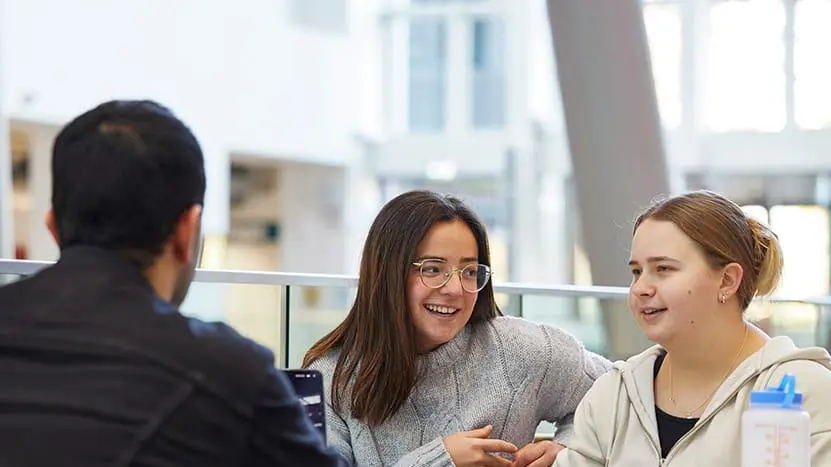
The student achievement team are on hand to help you succeed during your studies at Solent. They aim to contact you at key times during your time here with personalised information, advice and guidance, by email or phone.
The disability advice team provides information, advice and guidance for disabled students.
All students can access Succeed@Solent, Solent's online guide to getting better grades. It offers extensive, practical information and advice on topics such as academic writing, research and presentations.
UK music’s contribution to the UK economy in 2023 hit a record £7.6 billion in terms of Gross Value Added (GVA) – up 13% from £6.7 billion in 2022. UK music exports revenue in 2023 hit a new high of £4.6 billion – up 15% from £4 billion in 2022. Total UK music industry employment in 2023 hit a record 216,000 (full-time equivalent posts) – up 3% from 210,000 in 2022. (UK Music 2024).
The growth in the range of media outlets and the live event sector means that the best music professionals are always in demand. In addition, the entrepreneurial nature of the industry means that there are opportunities to be created if you have the drive and skills.
This course gives you a chance to begin building your networks of contacts and practice your skills so you can pursue the wide and varied career opportunities in music performance such as a Music performer, session musician or songwriter. You could also use your transferable skills for as an arts administrator, music technician or music teacher.
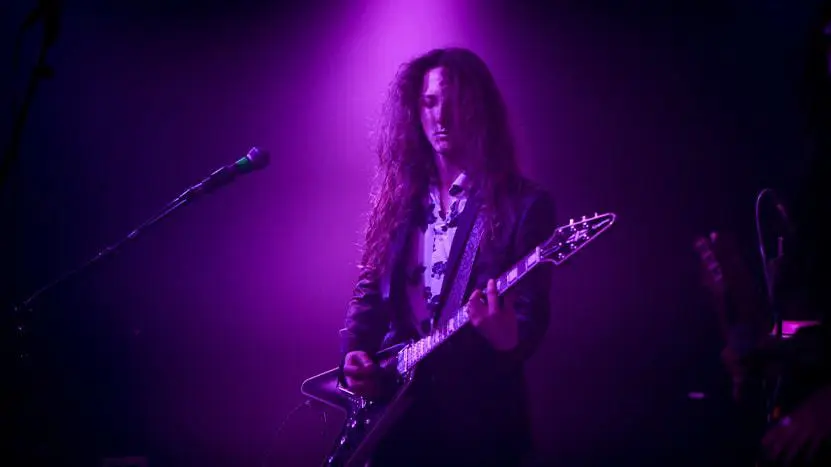
Per session: £140 to £350
Income will vary widely depending on, for example, whether you're working freelance or as part of an orchestra, or whether you're performing a gig in a pub or in a concert venue. Musicians' Union (MU) provides minimum casual stage rates for groups performing on stage (usually in a theatre or concert venue) ranging from £164 to £182.75 (for a single performance plus rehearsal on the same day), as well as a national gig rate for groups performing in pubs, clubs and functions ranging from £139.50 to £350.
The stated salaries are published on prospects.ac.uk.
Hear from Solent alumni about where their careers have taken them and how studying at Solent prepared them for their future.
Read more stories
“The courses available on Clearing are likely to have limited spaces, so if you see one that appeals to you just apply!”

The Solent Careers team is committed to getting students into great careers.
While you are studying, the team can help you with finding work experience or placements, link you with a mentor, check your CV, or offer one-to-one guidance.
We also have graduate job opportunities just for Solent graduates.

6th
UK uni for sustained employment
Longitudinal Educational Outcomes, 2022
Every student at Solent University will also have the option to study an additional Certificate in Practical Artificial Intelligence qualification alongside their course. Free of charge, the course ensures you'll be prepared for a fantastic and varied career after graduation.

Thinking about studying further than an undergraduate degree? Alumni can get 20% off their postgraduate study.
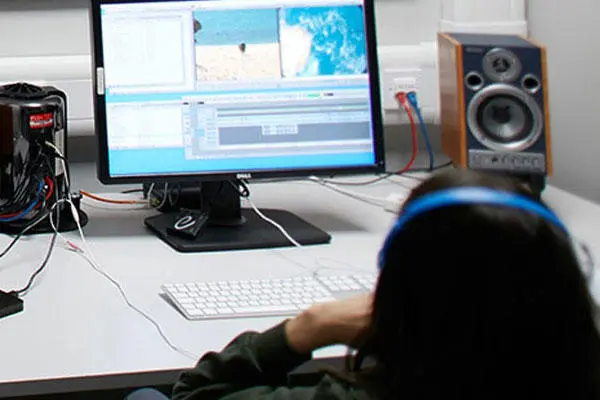
Build your creative post-production skills to make your mark in the film and television industry. Solent’s MA Post Production in Film and Television will see you working with...
Find out moreThe tuition fees for the 2026/27 academic year are:
For further information, please visit our tuition fees page.
While most course costs are covered by your tuition fees, some essential resources and optional extras may need to be paid for separately. For advice on budgeting and managing your money, please contact student.funding@solent.ac.uk.
The additional costs for 2026/27 are:
Compulsory costs
Optional Costs
Solent University offers a range of bursaries and scholarships that provide financial assistance or waive fees for tuition or accommodation. Each bursary or scholarship has specific eligibility criteria. Check out our bursaries and scholarships pages to find out more.
Cost of living support
At Solent, we understand that the cost of living crisis may be of some concern. To help, we've put together some detailed information to show what support is available and how to make your money go further.
Graduation costs
There is no charge to attend graduation, but you will be required to pay for the rental of your academic gown (approximately £45 per graduate, depending on your award). You may also wish to purchase official photography packages, which range in price from £15 to £200+. Graduation is not compulsory, so if you prefer to have your award sent to you, there is no cost. Extra guest tickets will go on sale after results publication and will be sold on a first-come-first-served basis. The cost per ticket is currently £20. Please note, we do not guarantee there will be any extra tickets available to purchase.
Contact international admissions
Email: Call:Please select an option below:
Please upload a video of you performing live on your first study instrument or voice - either with backing track or unaccompanied. The video should be two to three minutes long. The music can be any style - cover or original - but should not contain studio editing of any kind. Video shot on a mobile phone is acceptable if the audio is clear.
As a general guide, we look for qualifications that are equivalent to the British high school A-levels.
Applicants resident outside the UK will be interviewed by video call or telephone and may be asked to send an electronic audition.
If you are applying from outside the UK, find information about entry requirements, visas and agents for your country here.
For further information about EU qualifications, please see our course entry requirements document.
As a general guide, we look for qualifications that are equivalent to the British high school A-levels.
Applicants resident outside the UK will be interviewed by video call or telephone and may be asked to send an electronic audition.
If you are applying from outside the UK, find information about entry requirements, visas and agents for your country here.
For further information about UK, EU and international qualifications, please contact admissions.
All international applicants need to be aware that the English language requirements to attend Solent University, and the English language requirements to obtain a visa from the Home Office, may be different. This means that if you meet the Solent University language requirement to gain a place on the course, you may still have to meet additional requirements to be granted with a visa by the Home Office.
We strongly advise all applicants to visit the Home Office website which outlines all the requirements for a successful visa application and to take a look at our 2023 course entry statement document.
Full-time
Any student applying for the first year of a full-time/sandwich undergraduate course must apply through UCAS (University and Colleges Admissions Service). This includes mature, overseas and EU students.
Nearly all schools and colleges offer their students the facility of applying electronically through the UCAS website using 'Apply'; it may also be used by those applying independently in the UK and overseas. This facility and all course information can be found on the UCAS website: www.ucas.com.
Your application should reach UCAS by 14 January if you hope to enter a course the following autumn. Early application is advised for the most popular subject areas. Late applications may be made until the end of June. The UCAS Code for the University is S30, code name SOLNT.
Find out what happens after you apply
Contextual offers
Solent endeavours to offer learning opportunities to students from all backgrounds. When we receive and review an application, we take into consideration the context and personal circumstances of applicants when making a decision, which means our advertised entry tariff could be reduced.
Find out more about Solent's contextual offers
Top-up route:
We welcome applications from students currently studying a Foundation Degree, DipHE, HNC, HND or modules of an undergraduate degree course at another university, who wish to enter directly into Years 2 or 3 of one of our undergraduate degree courses. Please contact our admissions team for more information: contact us
Applicants who do not have English as their first language will be required to demonstrate an approved level of proficiency in the use of the English language. The agreed minimum requirements for this course are:
TOEFL IBT tests taken prior to 21 January 2026
TOEFL IBT tests taken from 21 January 2026
Qualifications are checked before enrolment, and international students must bring their original certificates or certified copies when coming to study at the University.
Pre-Sessional English programme
The University also offers a pre-sessional English programme for international students who wish to improve their level of English before starting a degree course.
Contact international admissions
Email: Call: